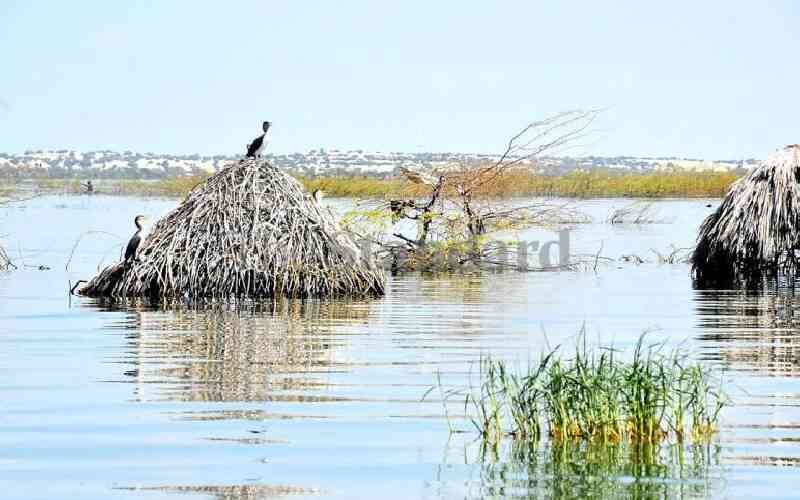×
The Standard e-Paper
Join Thousands Daily

As climate change takes a heavy toll on nomadic communities, Turkana pastoralists like Ang'elech Losuru, 40, are confronted with the harsh reality of its effects.
Since losing most of his livestock in a recent drought, Losuru, a herder, sought refuge in Lake Turkana and now makes a living from fishing.